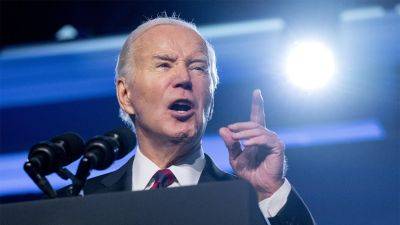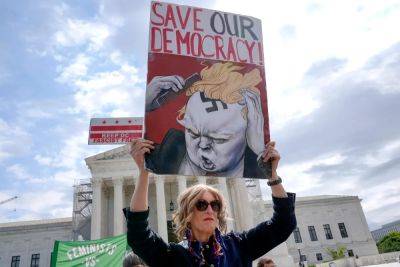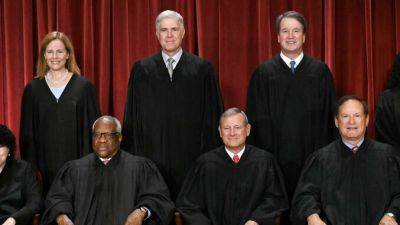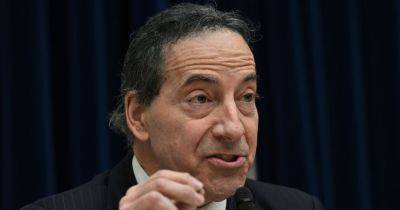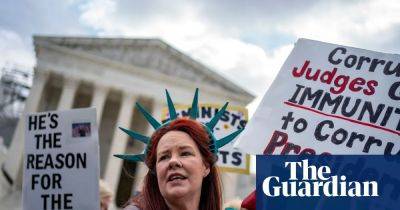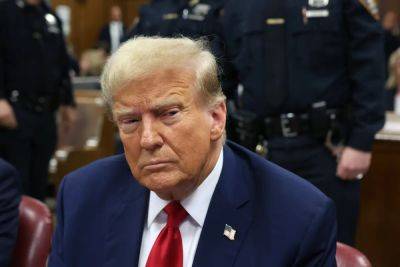The Nixon rulings at the centre of Trump’s Supreme Court immunity case
Whether or not Donald Trump has immunity from criminal prosecution will be debated by the Supreme Court justices on Thursday, and both the former presidentand special counsel Jack Smith have cited court cases involving former president Richard Nixon to make their points.
But the two sides are using the Nixon cases to push opposing arguments.
Mr Trump is pointing to the 1982 Supreme Court case Nixon v Fitzgerald to argue that he should be immune from prosecution on federal election interference charges.
Meanwhile, Mr Smith is using the 1974 Supreme Court caseUnited States v Nixon to argue that he should not be.
The facts and rulings in each case involvingthe late scandal-plagued president offer a glimpse into the case involving today’s scandal-plagued former president now before the nation’s highest court.
Here is what you need to know about the cases – and how they are at the centre of Mr Trump’s presidential immunity case:
Mr Trump’s team heavily relies on the Nixon v Fitzgerald case, where the Supreme Court ruled that presidents cannot be sued for actions they conducted while in office.
The case began in 1978 when Arthur Fitzgerald – a former contractor for the US Air Force – sued Nixon and other White House aides for damages after he lost his job after giving testimony to Congress.
Nixon appealed to a lower federal court, claiming he had immunity from civil liability. When the judges in the lower court disagreed, the former president took the case to an appeals court. That court also ruled against him.
Then, Nixon appealed the case to the Supreme Court.
Though the case was decided after Nixon left office, the court ruled in his favour, deciding that “the President’s absolute immunity extends to all acts within the


